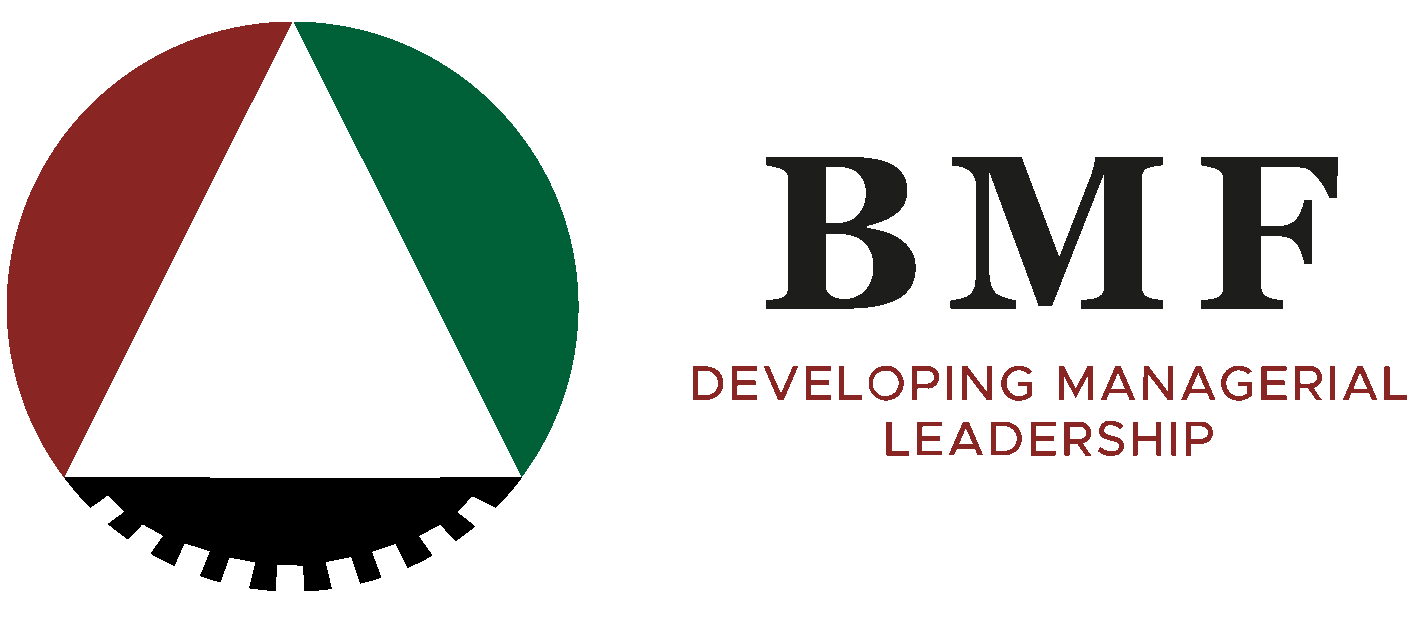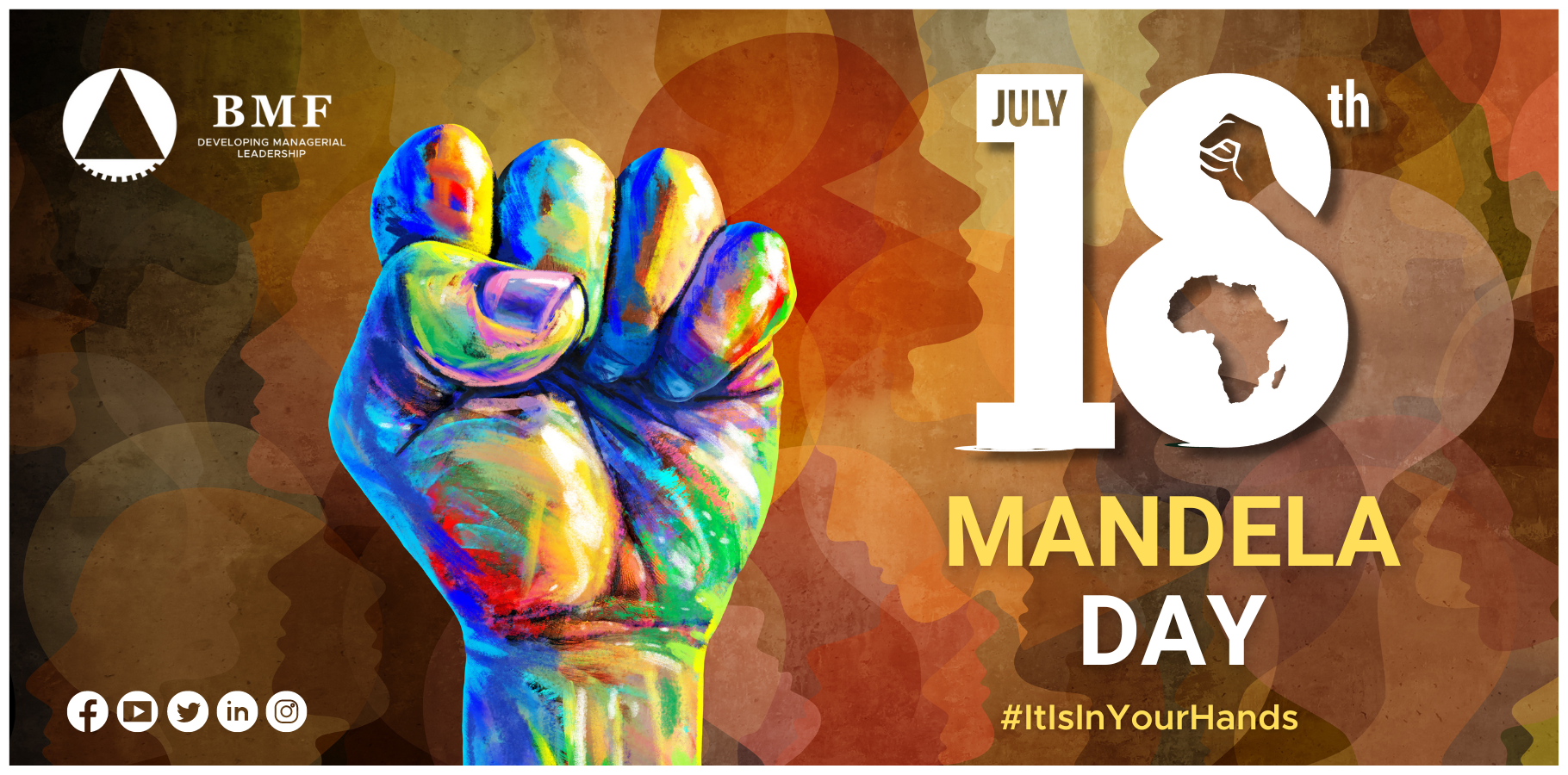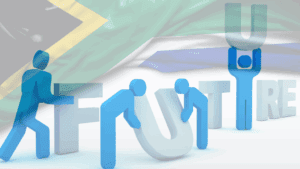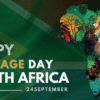Every year, on what we have come to know as Mandela Day, people renew their commitments to human rights in honour of Nelson Mandela and to building a better nation.
This day is about inspiring a culture of service that lasts beyond 67 minutes on his birthday. Although seen by many as one-day activism, others see it as an opportunity to inspire collective action towards addressing social ills and fostering long-term projects and partnerships. A day to remind ourselves that there is no easy walk to freedom and that with continuous acts of commitment, dedication, and selflessness, we can change our country for the better. This way we can uphold the values Mandela stood for and to building the South Africa to which he dedicated his life.
Mandela Day is an important day for South Africans where people are encouraged to act selflessly by taking the burden of others. Inspired by the former president's commitment to human rights, conflict resolution and reconciliation, the 18th of July was declared by the United Nations General Assembly (UNGA) in 2010 as Nelson Mandela International Day. An annual celebration of Nelson Mandela’s life and a global call to action for people to recognise their individual power to make an impact and transform the world.
A day created to inspire people to embrace the values of democracy and continue towards the ideals of ensuring a just and fair society. We are encouraged to devote 67 minutes to helping others by volunteering and community service to make a small contribution to society and solidarity. This is a symbol of the 67 years Mandela spent as a civil servant.
However, 67 minutes are not enough to make a lasting change towards issues such as poverty, education, healthcare, and inequality as these issues are rather complex and addressing them in one day is an impossible target set for failure. Therefore, devotion to initiating a program that will address health issues is one example of Mandela Day. A program birthed by the late Dr Mokumo and other doctors who saw a gap in the healthcare system named Rural Health Matters. A program aimed at increasing healthcare access to disadvantaged communities by allowing patients to get access to specialists in their local hospitals to focus on getting better.
An initiative that has to date benefited more than 7000 patients since its birth in 2020. This an indication that if each person acts, they fuel momentum towards positive change, raising awareness and expanding the reach of President Mandela’s values of fighting injustice, helping people in need, and practising reconciliation. A movement for change that begins with small actions making an impact in rural communities by raising the patient’s standard of living.
Dr Danny Mokumo was a Senior Clinical Manager at Mokopane Regional Hospital and a former Provincial Young Professionals (YP) Chairperson in Limpopo. He was amongst the youngest Clinical Managers in Limpopo who played a vital role in improving healthcare services and ensuring the well-being of patients. He was committed to his profession which was evident in his work ethic and dedication to improving healthcare in Limpopo, an example of one of the values of Mandela Day and a true BMF type leader.
Mandela Day has never been a one-man or one-day act, but rather a symbol of collective action contributing towards a community over the long term. This is seen with the schools, clinics, and libraries built in rural areas as well as books, clothing and food donated to NPOs that play a crucial role in addressing socio-economic challenges in disadvantaged communities. It is, therefore, paramount that we on this Mandela Day, reflect on the values of ubuntu, be like the likes of the late Dr Mokumo and advocate for the underprivileged by being creative with our acquired skills to come up with projects and programs that will be most beneficial to those in need and continue to serve them even when we are gone.

About the Author
Dikoti Masemola is a coordinator for the Advocacy, Thought-Leadership & Stakeholder Relations department at the BMF.
She holds a BCom Economics and Econometrics, as well as a BSc Hons Energy Studies from the University of Johannesburg.
DISCLAIMER
The views and opinions contained in this blog belong solely to the authors and do not necessarily reflect the views and opinions of the BMF.
Post Views: 388







The people shall share so says the freedom chatter but the people need training above all as they struggle in many areas be the board of directors,be owning the company.BMF should consider developing and training the black to have confidence in owning big companies but they can only do that if they learn to use the power of many.This people talk about starting a State Bank which requires highly skilled professionals.They must learn to do first things first which is to ensure that for the next five to ten people will be receiving training wherever be understudy.First train the trainer’s as we need lot of them.K E Ungulani is founder and managing director of Vandalamo financial services.